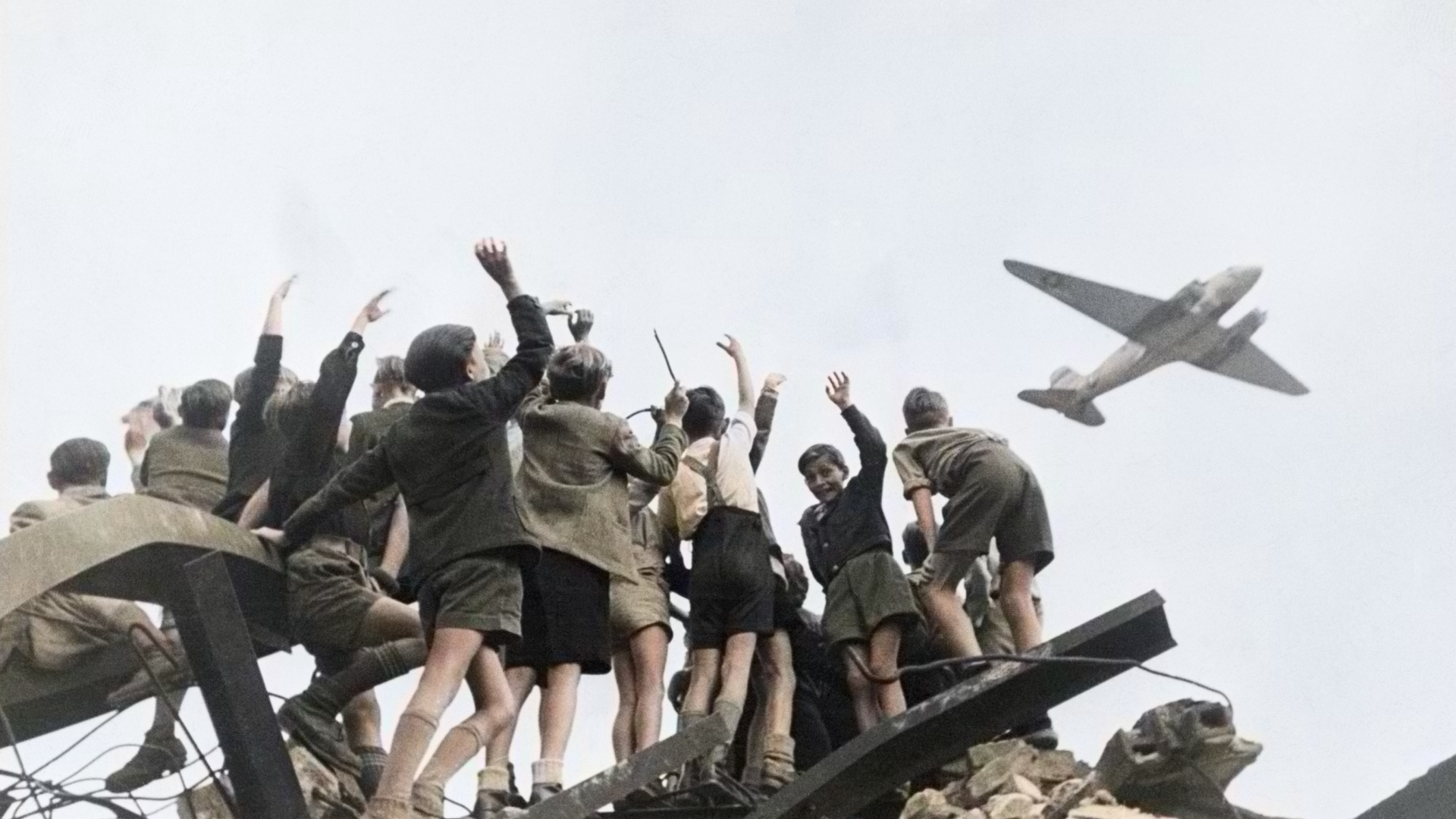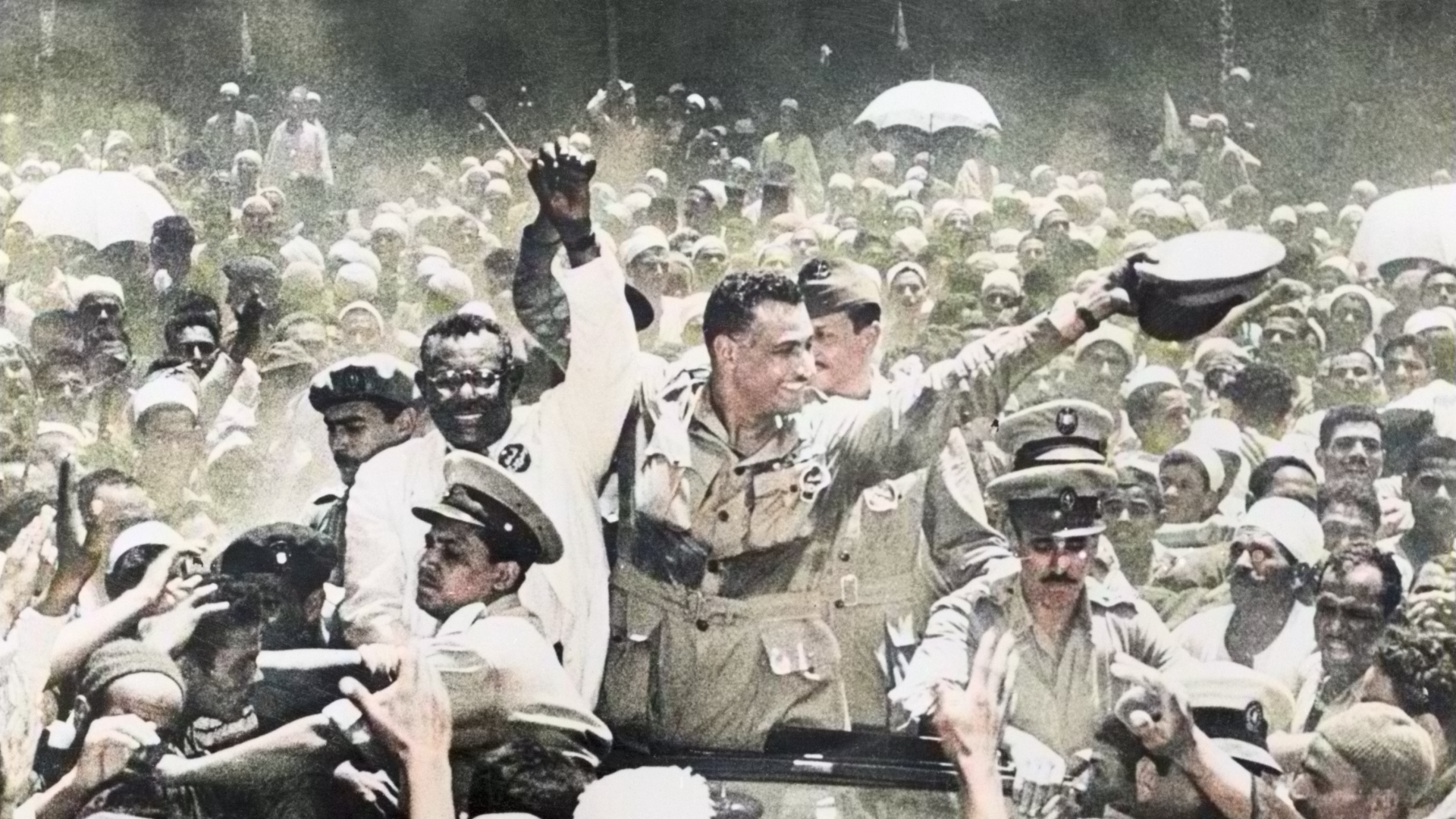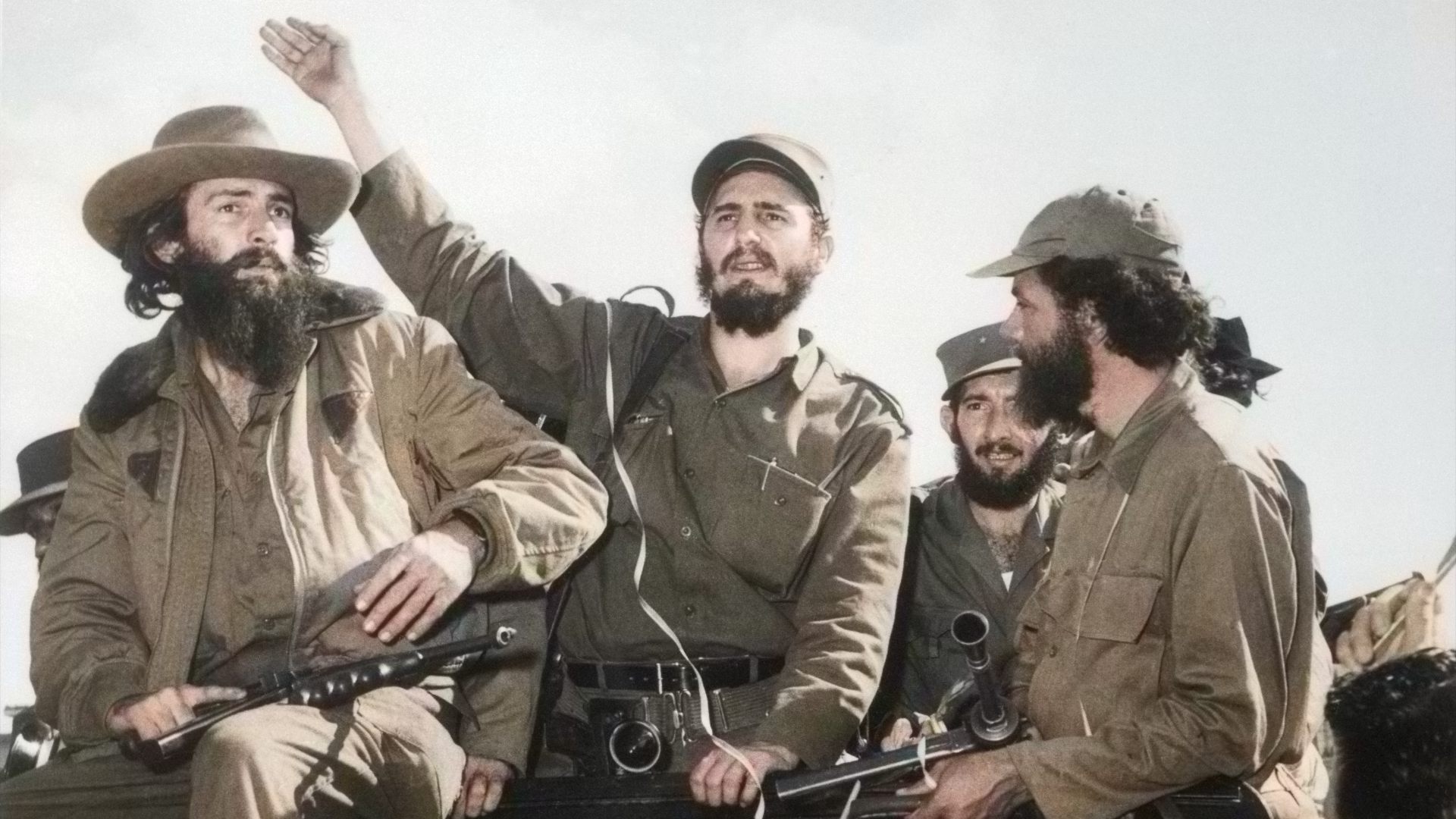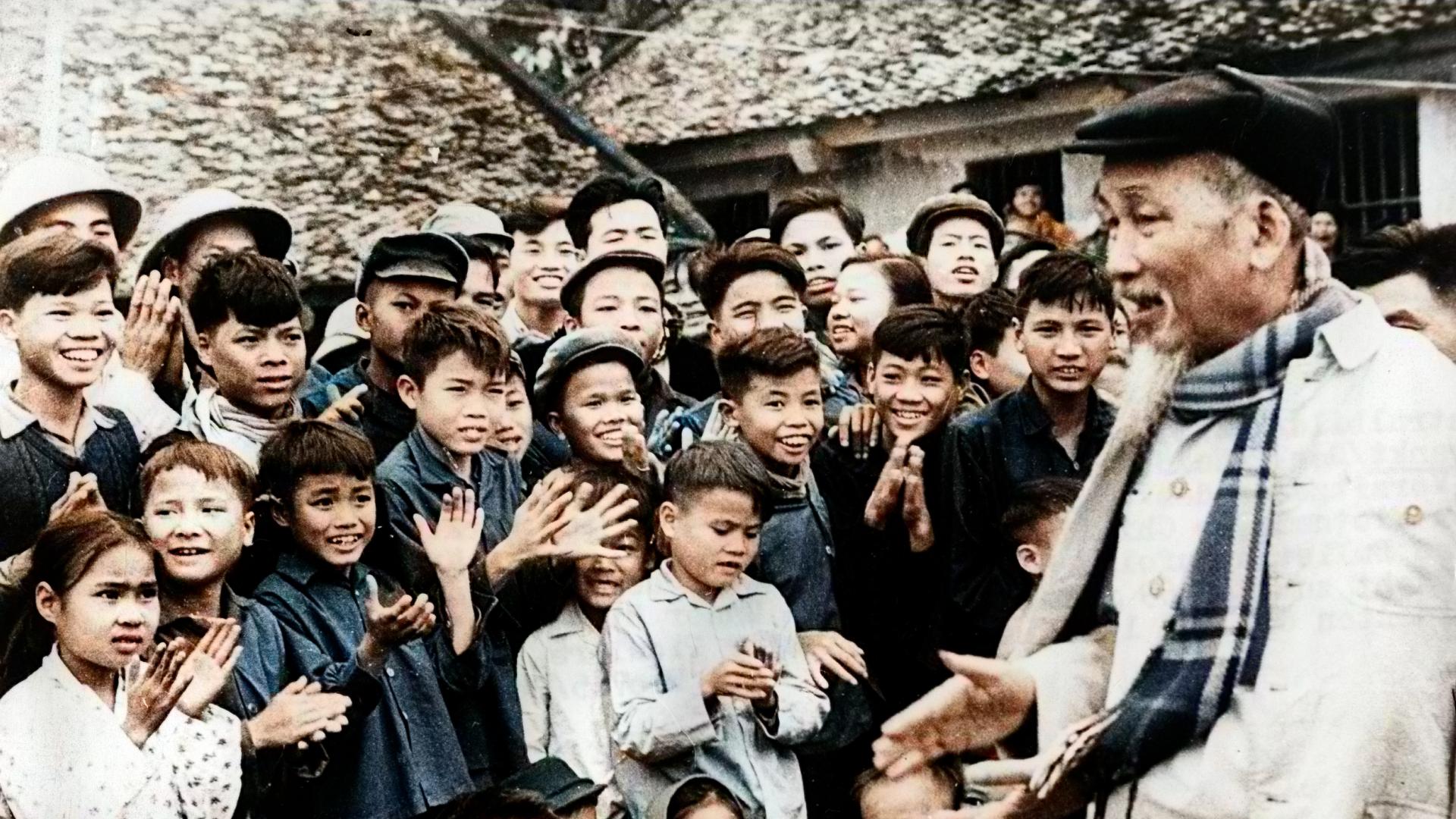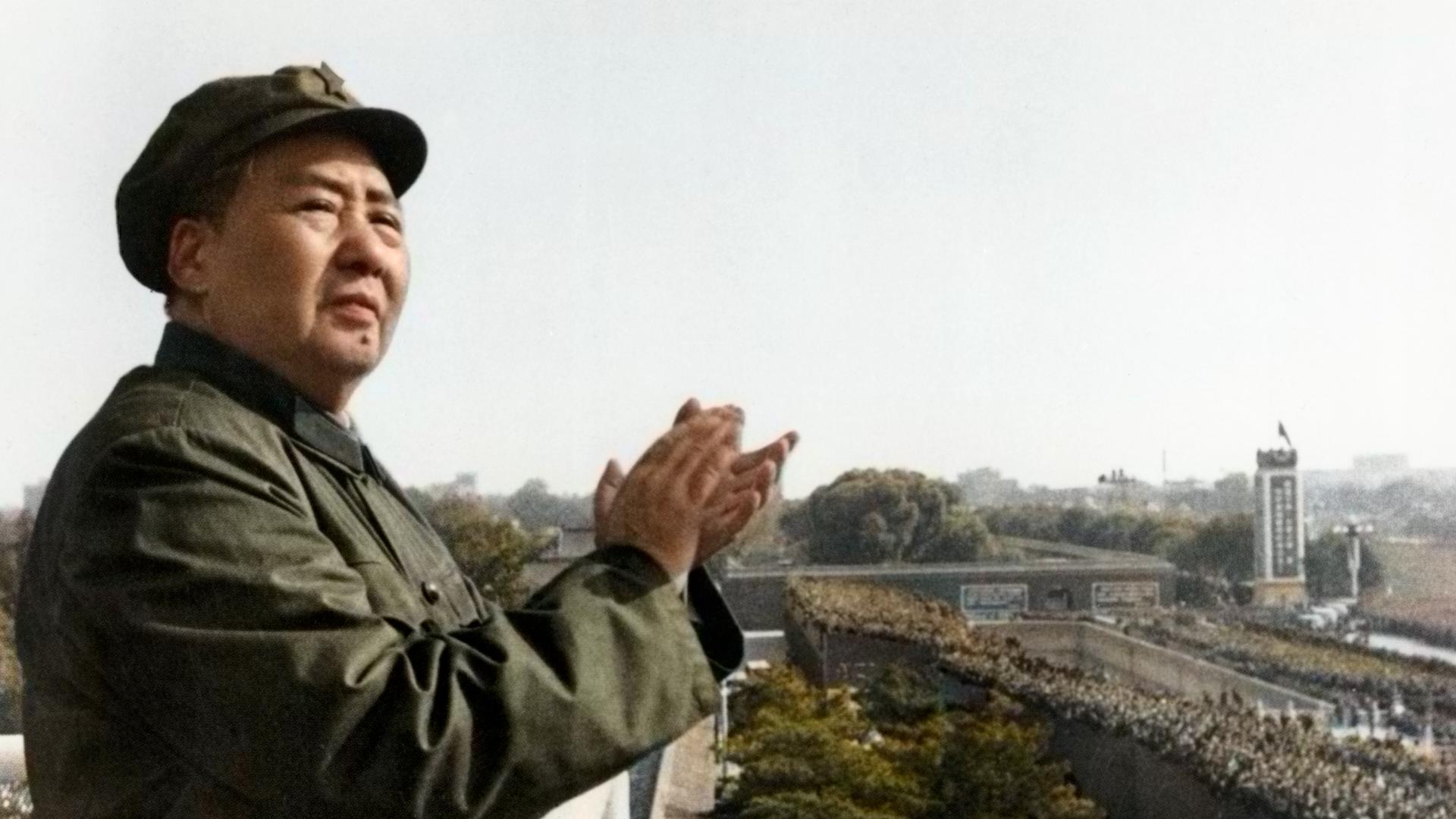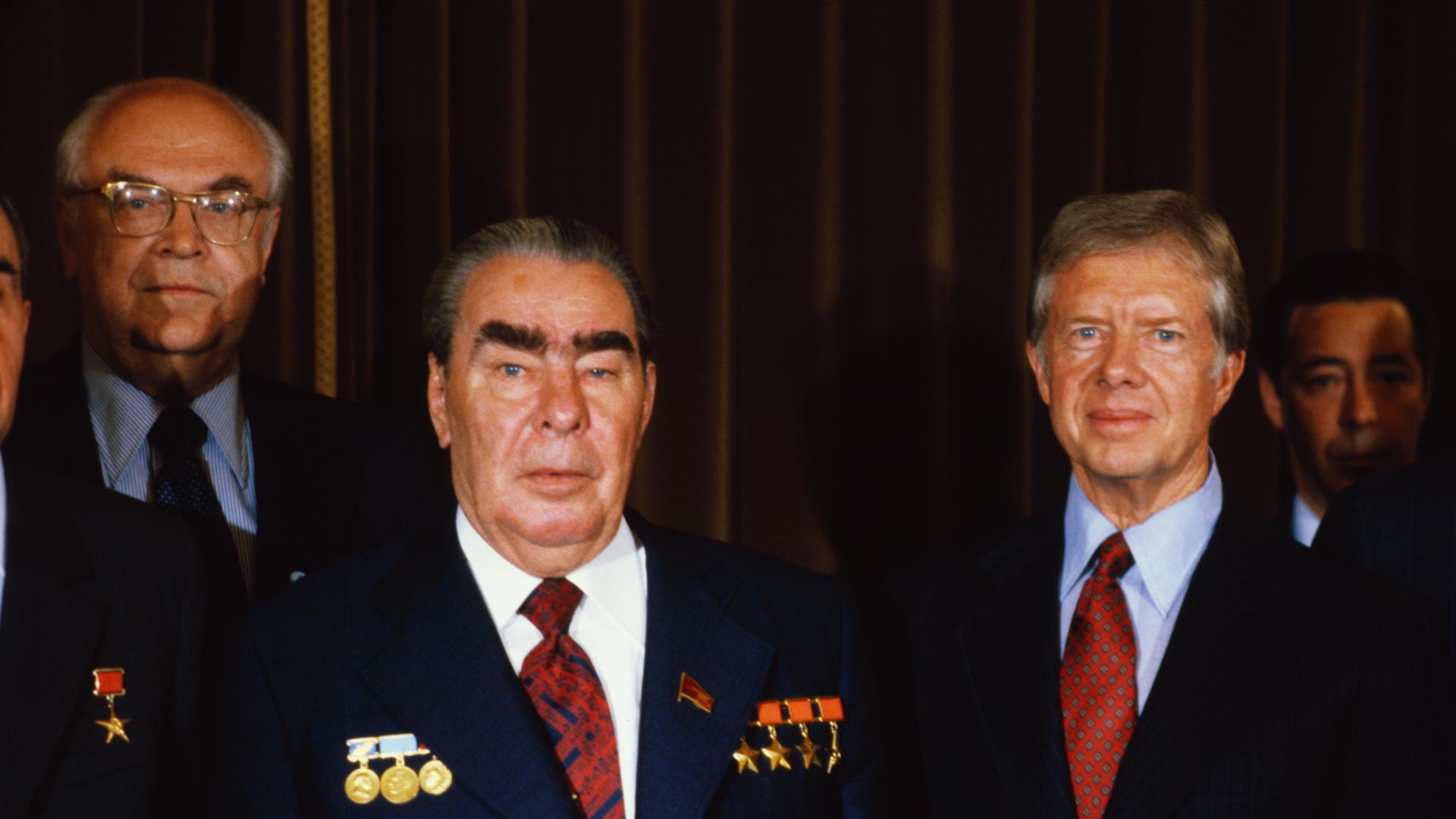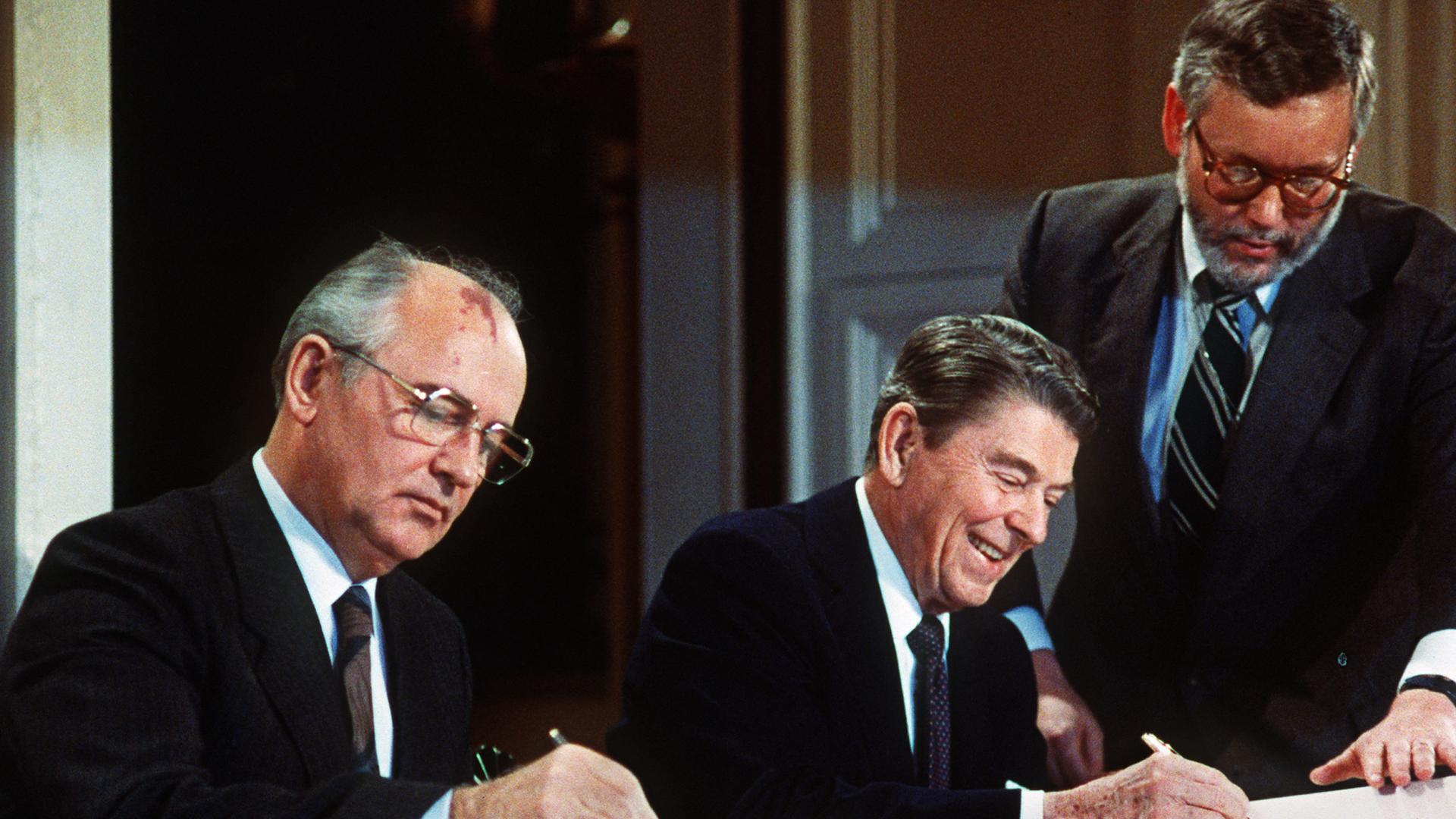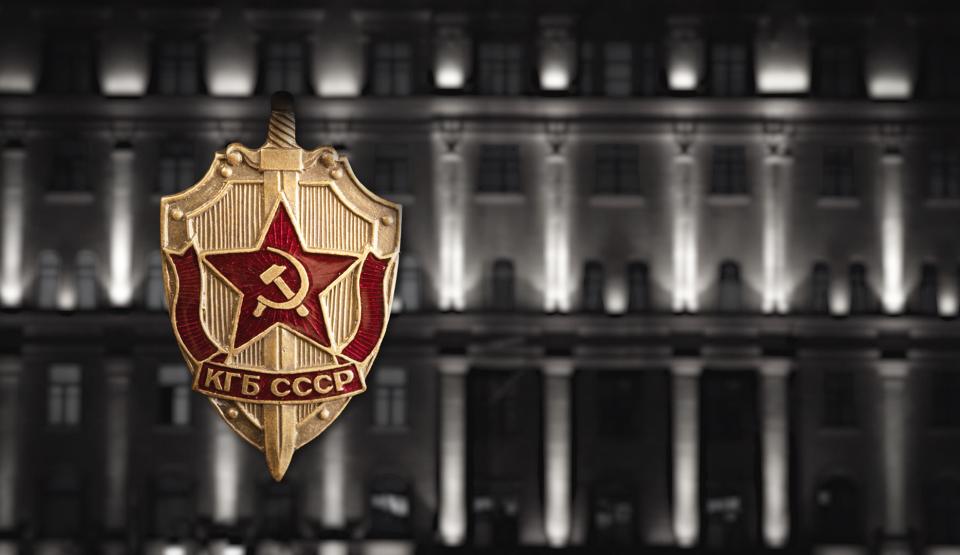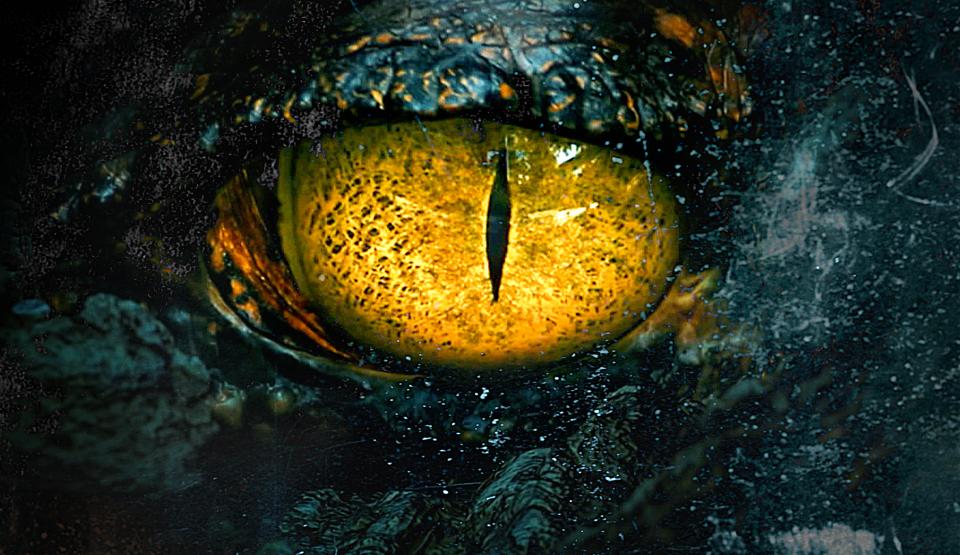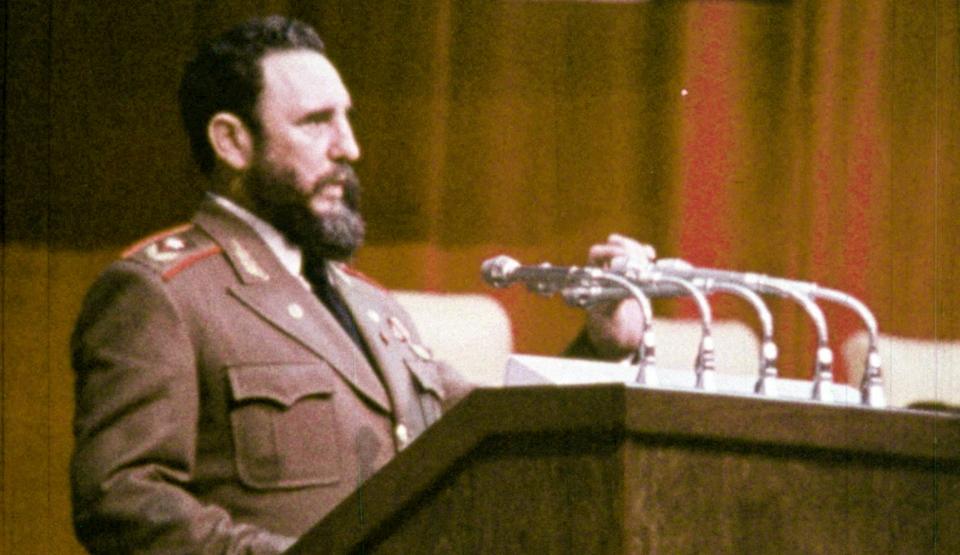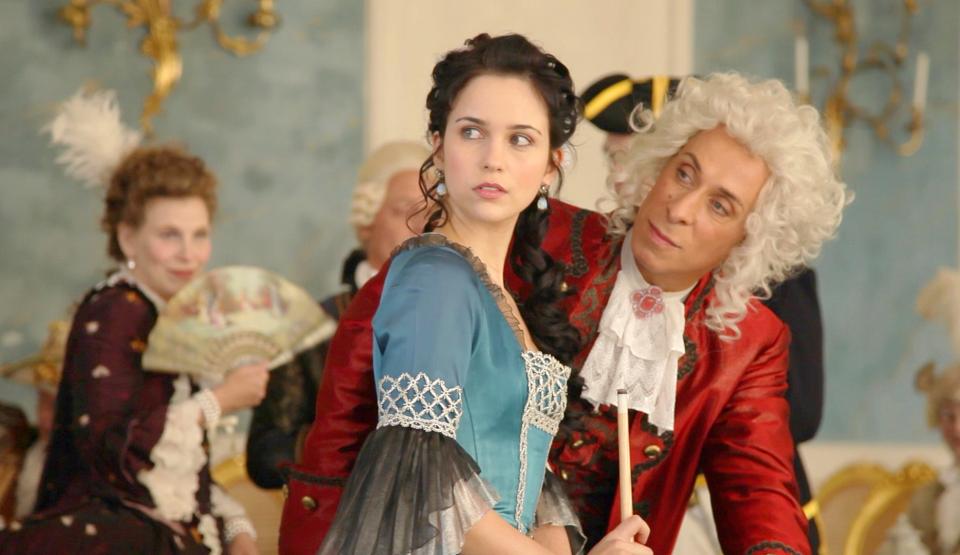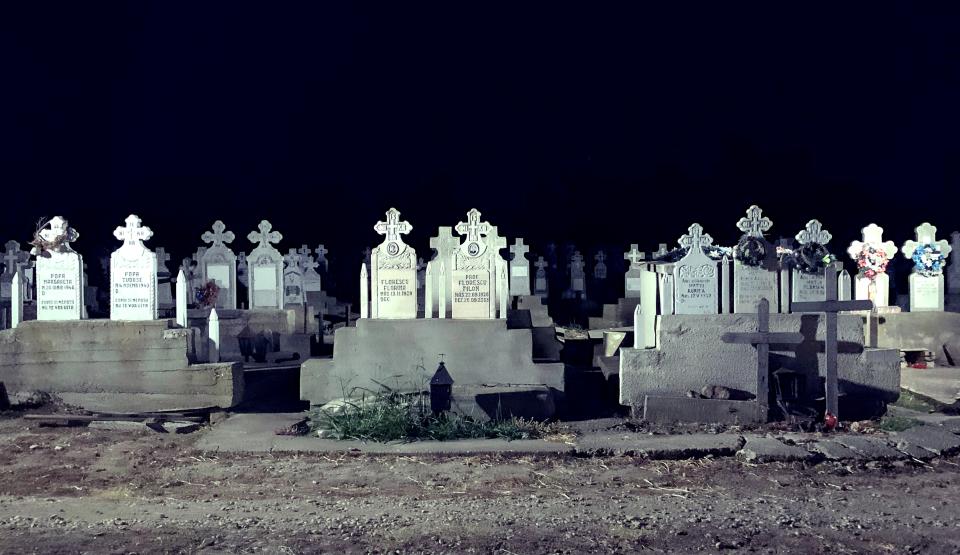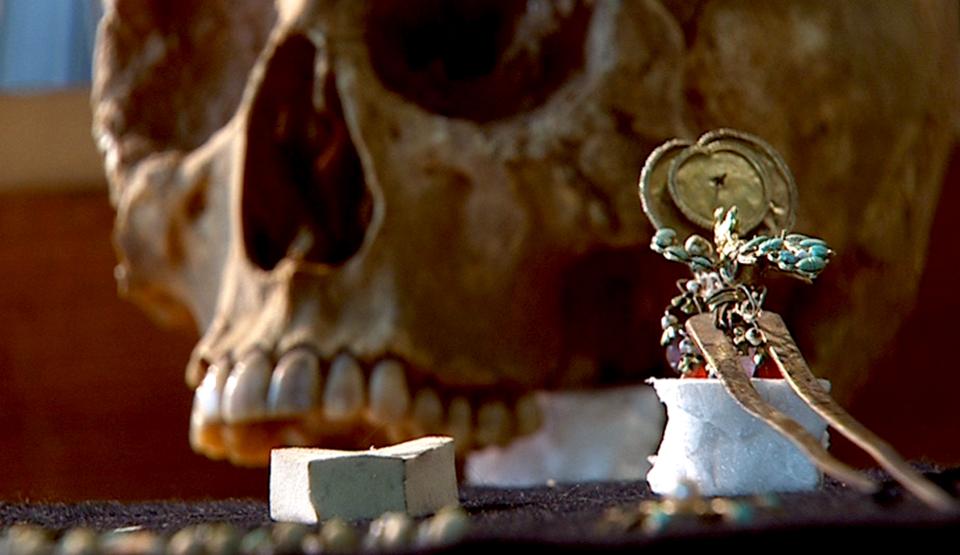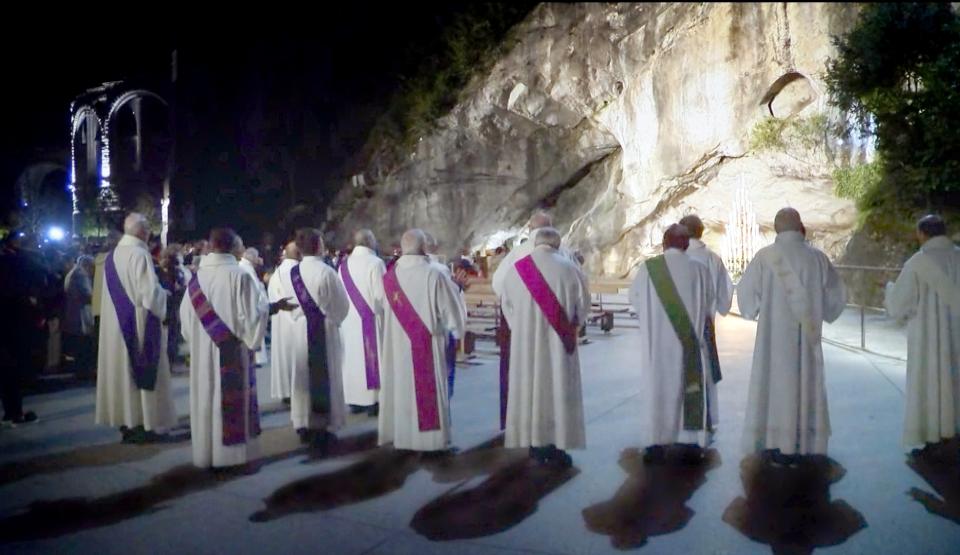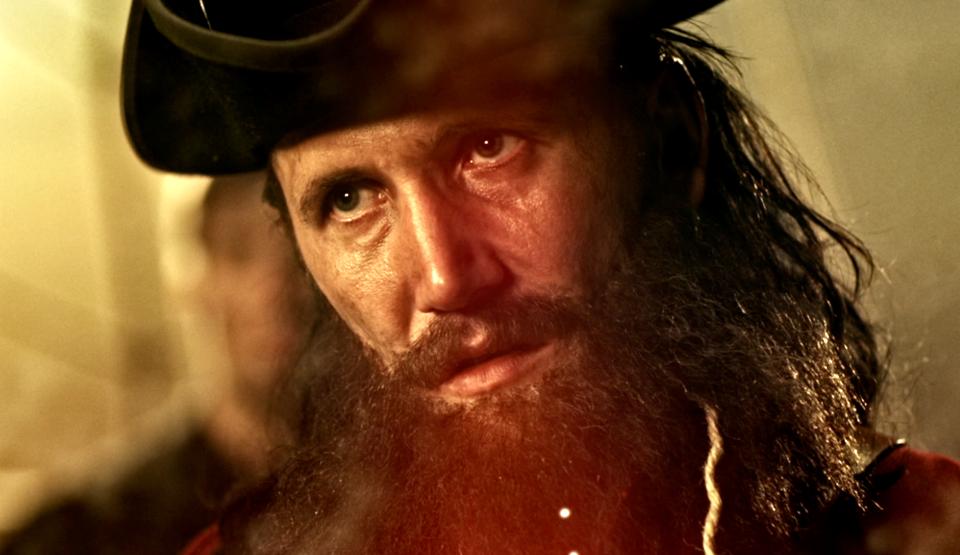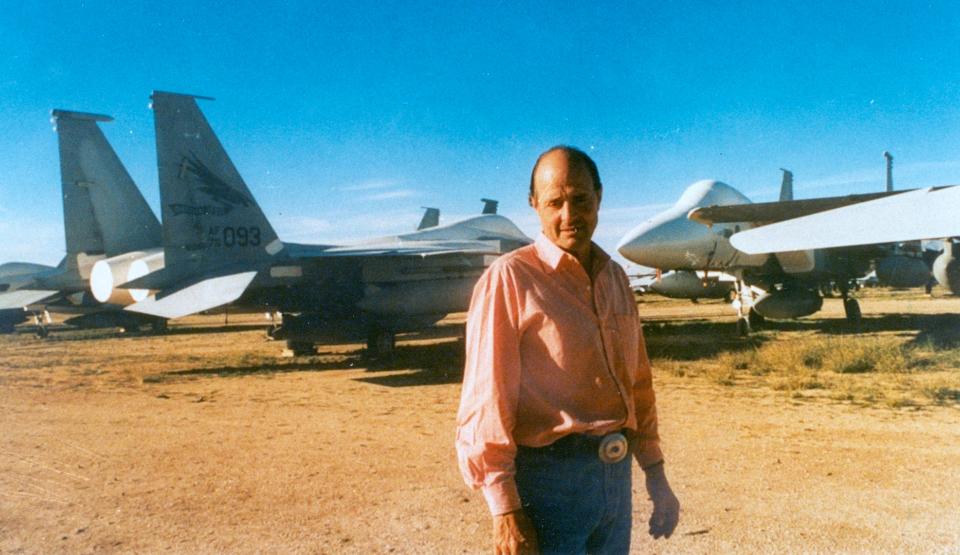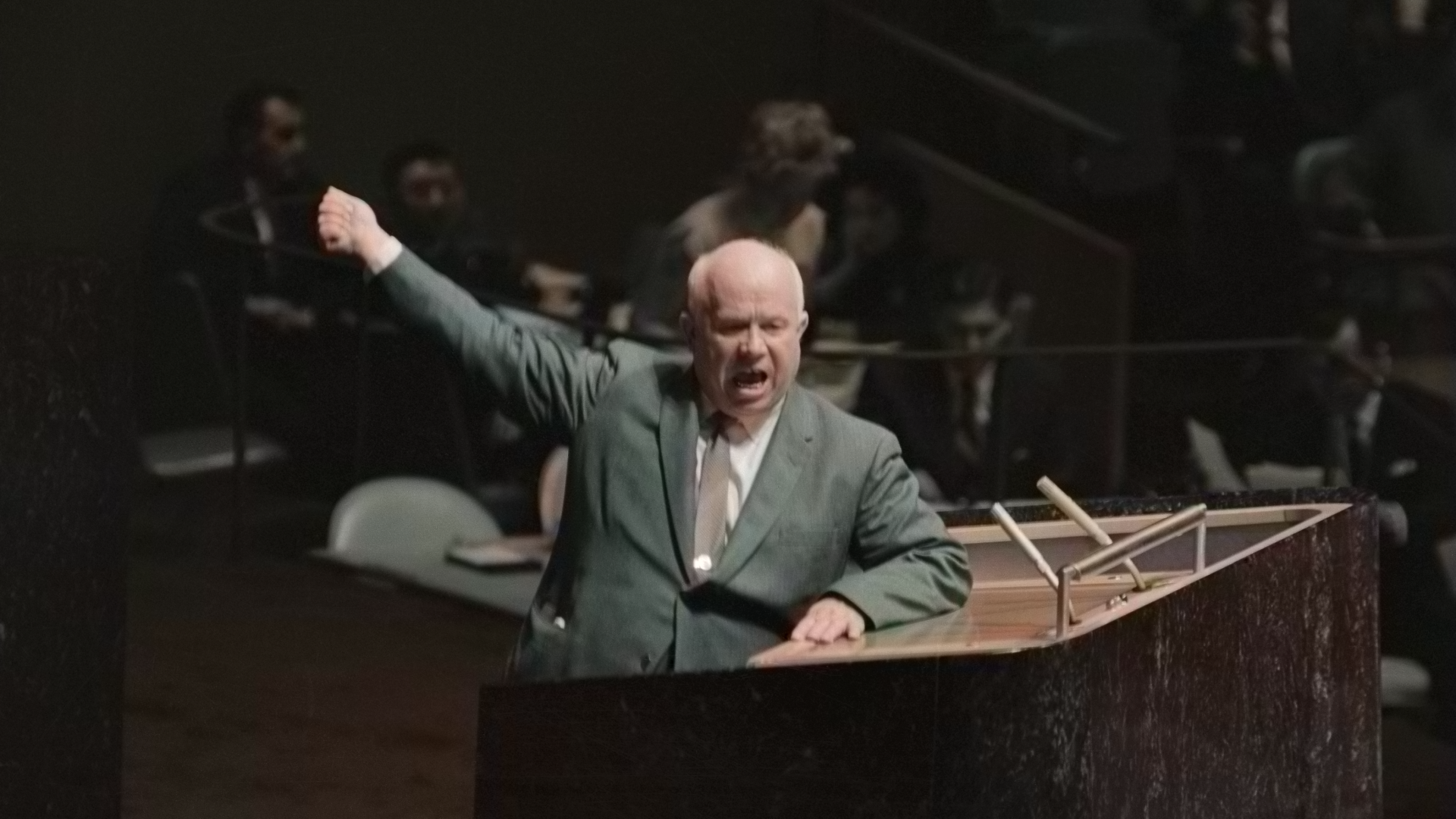
"Changing of the Guard" explores the volatile 1950s, as the Cold War enters a new phase. In the U.S.S.R., Stalin’s death in 1953 sparks a brutal power struggle, ultimately elevating Nikita Khrushchev to leadership. In the U.S., Dwight D. Eisenhower, a decorated World War II general, becomes president, determined to confront communism.
Eisenhower swiftly ends the Korean War, but his embrace of the “domino theory” leads to covert CIA operations, such as the 1954 coup in Guatemala, driving reformers toward communism and entrenching divisions. Both superpowers escalate the arms race with hydrogen bombs, while Eisenhower’s “massive retaliation” strategy openly threatens overwhelming nuclear force. Khrushchev, despite private fears of nuclear war, bluffs Soviet missile strength to project power.
Diplomatic efforts surface at the 1955 Geneva Summit, but collapse over Eisenhower’s “Open Skies” proposal. Khrushchev’s 1956 “Secret Speech” denouncing Stalin sparks unrest, culminating in Hungary’s bloody Soviet crackdown. Meanwhile, anti-communist fervor intensifies in the U.S.
The launch of the Soviet satellite Sputnik in 1957 stuns America, igniting the space race. In 1959, Khrushchev visits Camp David, fostering brief optimism ahead of a Paris summit. Yet the 1960 U-2 spy plane incident wrecks talks, leaving mistrust deepened. Eisenhower exits warning of a growing “military-industrial complex,” while Khrushchev holds power amid a world on edge.
